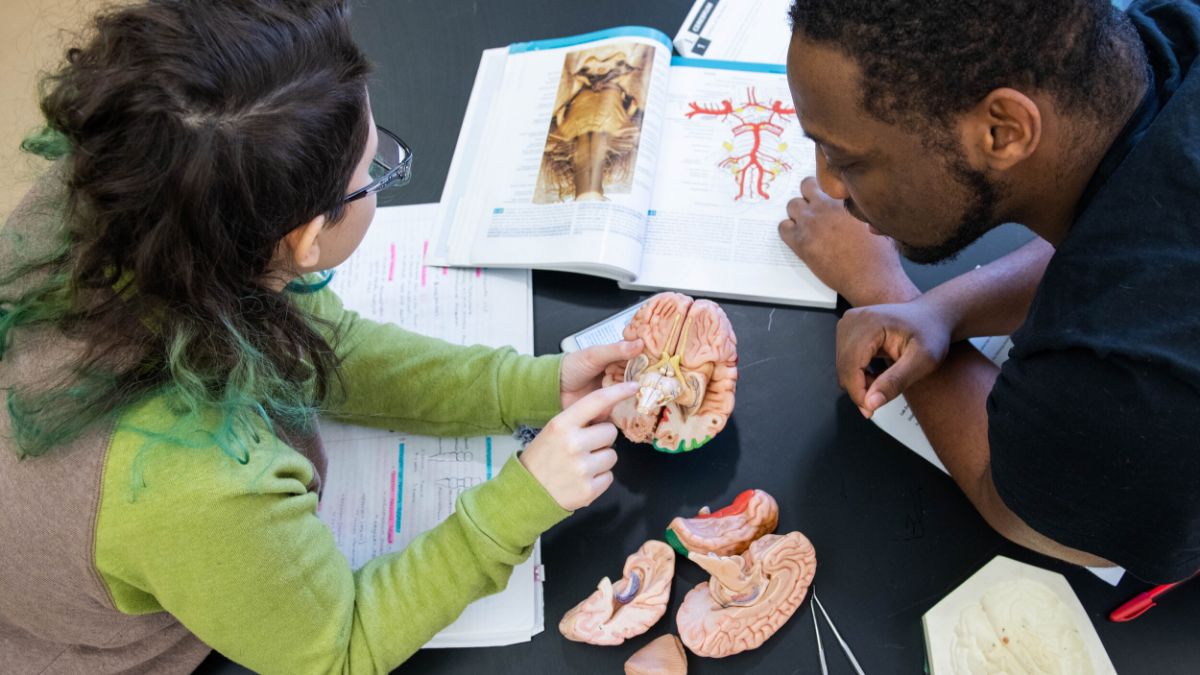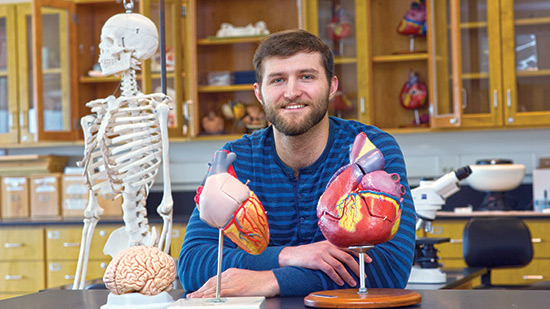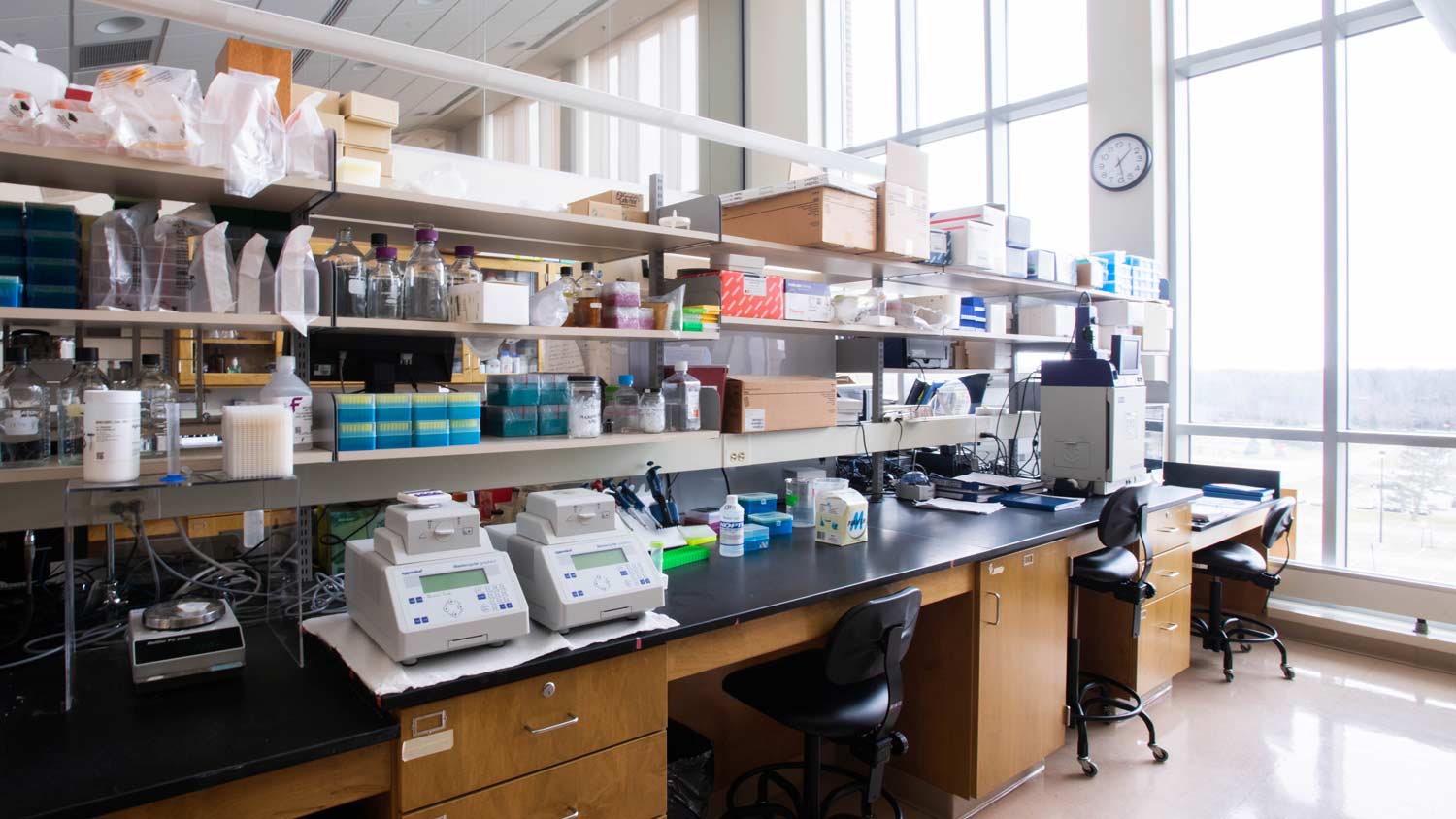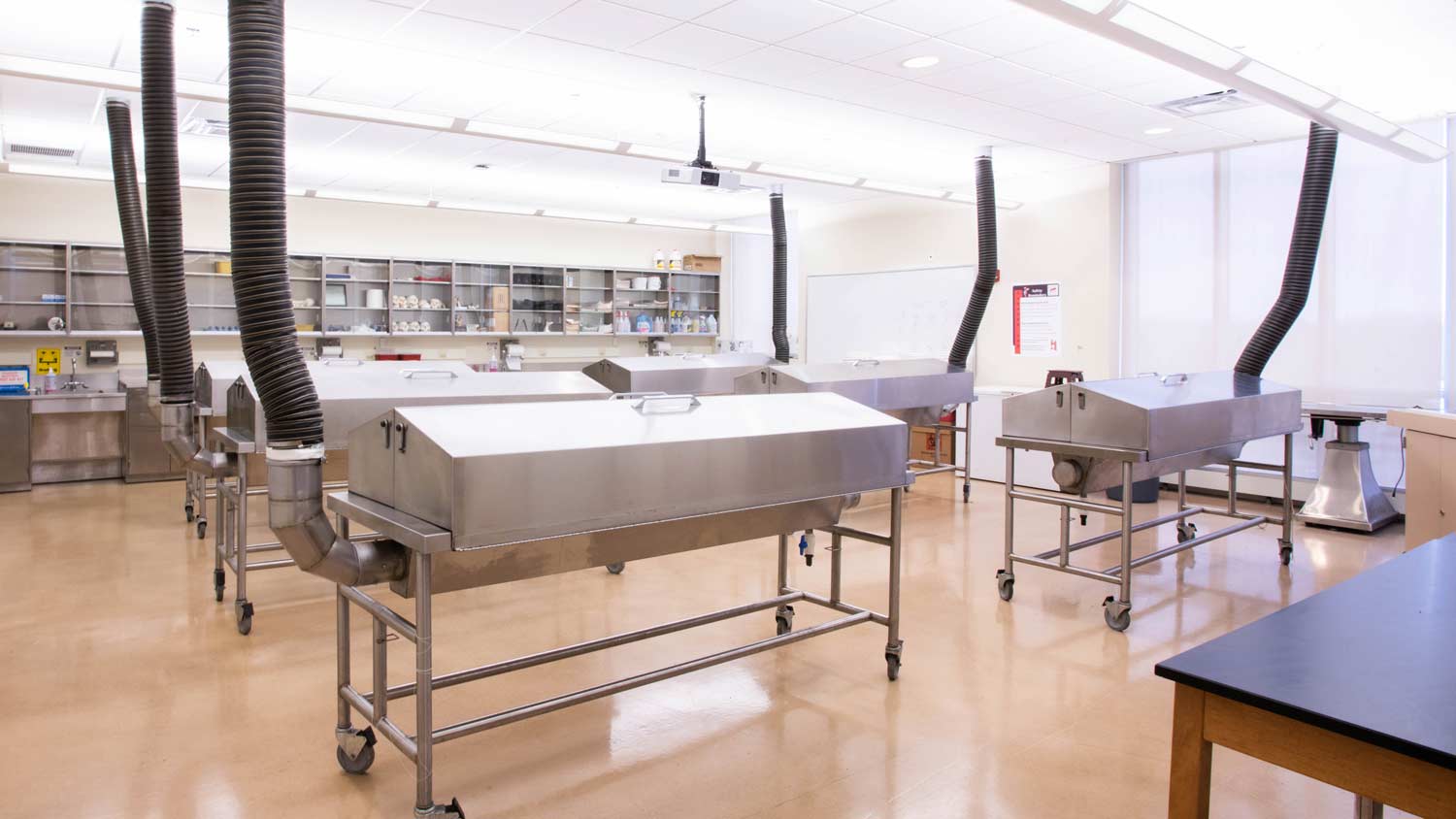Department of Medical Sciences, Health, and Management

Department of
Medical Sciences, Health, and Management
- RIT/
- College of Health Sciences and Technology/
- Academics/
- Departments, Schools, and Centers/
- Department of Medical Sciences, Health, and Management
Overview
The Department of Medical Sciences, Health, and Management is dedicated to improving lives in our global community by educating a diverse group of highly competent and compassionate health professionals. The department combines existing programs in Biomedical Sciences, Health Systems Management, and Medical Illustration. A new Global Public Health BS degree will officially launch in the fall of 2025. A Global Public Health minor is now available. If current RIT students would like to explore the possibility of transferring into the new BS program, they should contact Program Director John Oliphant at John.Oliphant@rit.edu
Goals
- Serve as a national leader in healthcare education, preparing a diverse group of students for careers and lifelong learning in the areas of medical science, healthcare management, global public health, and biomedical communications.
- Promote the values of lifelong learning, enabling graduates to adapt to rapid changes in the healthcare field.
- Promote a culture that supports diversity, inclusion, critical thinking, leadership, and creativity.
- Cultivate faculty and student research to discover and disseminate knowledge.
- Emphasize the principles of ethics, honesty, and rigor in research.
Undergraduate Degrees and Certificates
RIT’s biomedical sciences BS consists of life sciences core courses combined with flexible electives to customize your degree for medical school or full-time employment.
Learn more about the Biomedical Sciences BS programRIT’s degree in public health explores current health issues in order to prevent disease, improve health, and help people attain health equity locally and across the world.
Learn more about the Global Public Health BS programLearn the fundamentals of the U.S. health care system, the organizations that delivery services, how various services are financed, and the management and leadership skills needed within these organizations to effectively serve individual patients and the larger community.
Learn more about the Health Systems Administration Certificate programGraduate Degrees and Advanced Certificates
In RIT’s medical illustration degree you’ll become a highly skilled medical illustrator who can transform complex medical information into visual images that are used in education, research, patient care, public relations, legal cases, and health care marketing.
Learn more about the Medical Illustration MFA programMinors
The global public health minor enhances your understanding of the important concepts of public health and its focus on prevention and population-based approaches to enhancing health for all people. An overriding goal of the minor will be to ensure that you understand the various determinants of health and how health care professionals can strive to ensure all people, everywhere, have what they need to reach their full potential. You will learn how to apply the knowledge obtained in this minor to local, regional, national, and global health concerns.
Learn more about the Global Public Health Minor programFeatured Work and Profiles
-
The Transformational Power of a Medical Mission
John Oliphant John Oliphant, global public health director, shares his extensive experience and research into best practices for working cross-culturally and participating in international medical missions.
Read More about The Transformational Power of a Medical Mission -
Elevating Public Health through Scientific Inquiry: Exploring Bacterial Dynamics in Lake Ontario
Hands-on learning enables Marissa Schroeter to explore the bacterial landscape of Lake Ontario, gaining practical insights into environmental dynamics and their potential impact on community well...
Read More about Elevating Public Health through Scientific Inquiry: Exploring Bacterial Dynamics in Lake Ontario -
Alumna Pairs Ultrasound with Entrepreneurship to Launch Mobile Ultrasound Business
Hey, Baby! Mobile 4D Ultrasound is Jenny Kron's mobile ultrasound business. Kron provides elective ultrasounds in the comfort of people’s homes with a portable ultrasound machine.
Read More about Alumna Pairs Ultrasound with Entrepreneurship to Launch Mobile Ultrasound Business -
Medical Illustration Senior Showcase - 2023
An online exhibition of work by 2023 medical illustration BFA seniors and MFA candidates.
Read More about Medical Illustration Senior Showcase - 2023
News
-
March 20, 2025

Global public health class takes field trip to Dominican Republic
RIT students enrolled in a global public health class spent a weeklong field trip in the Dominican Republic examining healthcare and emergency services.
-
August 20, 2024

RIT offers new degree in global public health
RIT is offering a global public health BS degree program and is accepting students for fall 2025. The new degree program will prepare students for public health careers, medical school, clinical health professional programs, law school, and many other graduate degrees.
-
August 5, 2024

James Perkins receives prestigious Brödel Award at AMI Conference
James Perkins, a distinguished faculty member at RIT, has been awarded the Brödel Award for Excellence in Education by the Association of Medical Illustrators, recognizing his outstanding contributions to medical illustration education.
Facilities
-
 Anatomy and Physiology Lab
Anatomy and Physiology LabStudents in Anatomy and Physiology learn the structure and function of the body’s organ systems (digestive, respiratory, cardiovascular, nervous, etc.).
-
 Research Lab
Research LabThis research lab supports research conducted by students and faculty in biomedical sciences, specifically in the areas of clinical microbiology, immunology, and parasitology.
-
 Cadaver Lab
Cadaver LabHuman gross anatomy is taught in the fall (for medical illustration majors) and in the spring (for physician assistant and biomedical sciences majors) with the use of cadaver specimens acquired from the University of Rochester's School of Medicine.




















